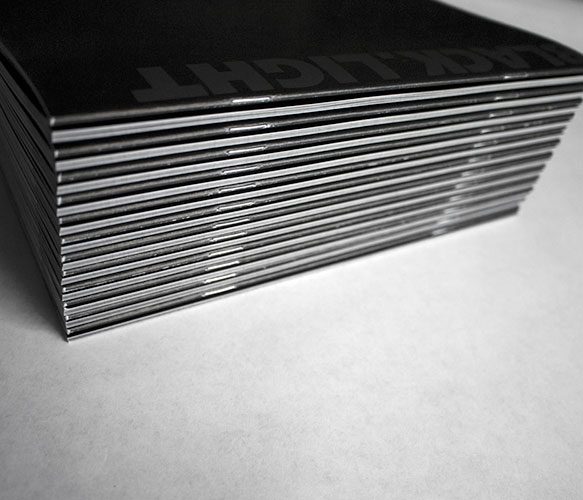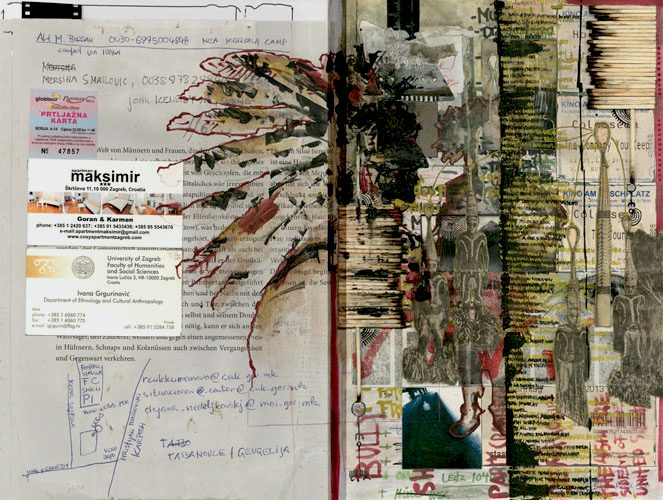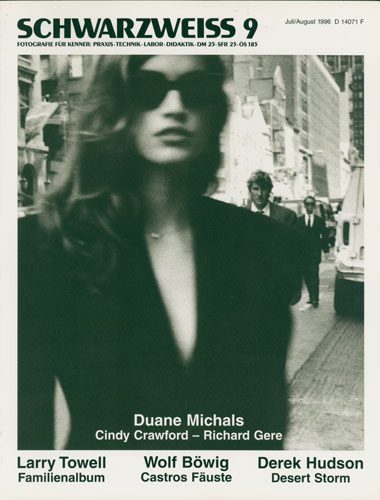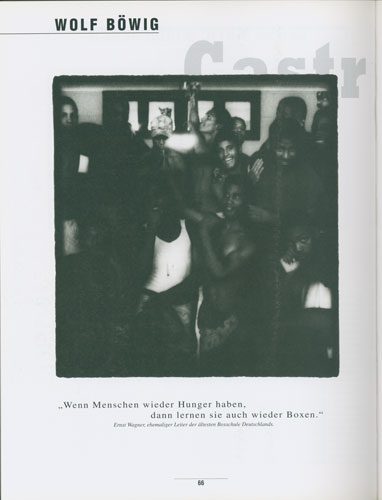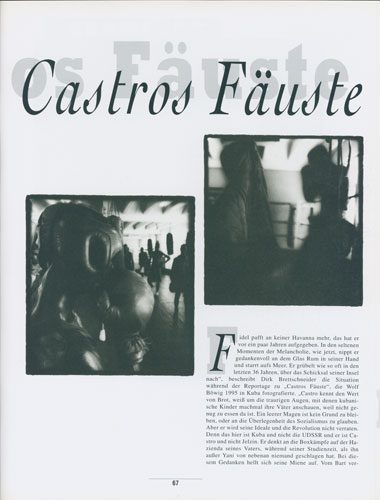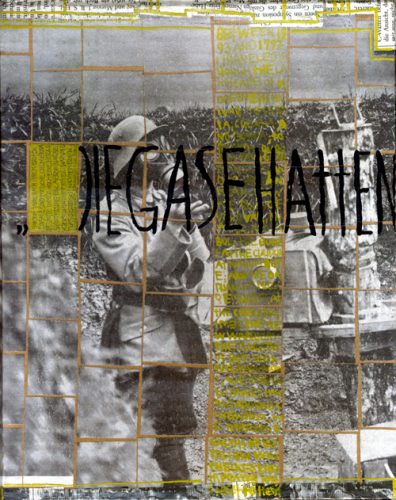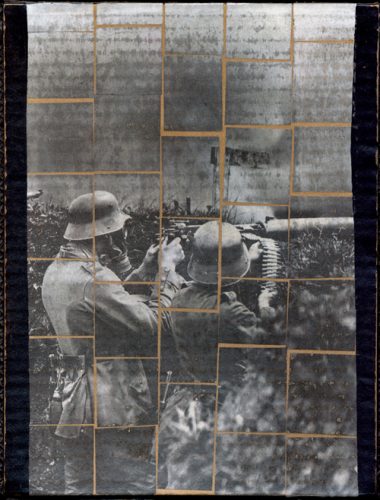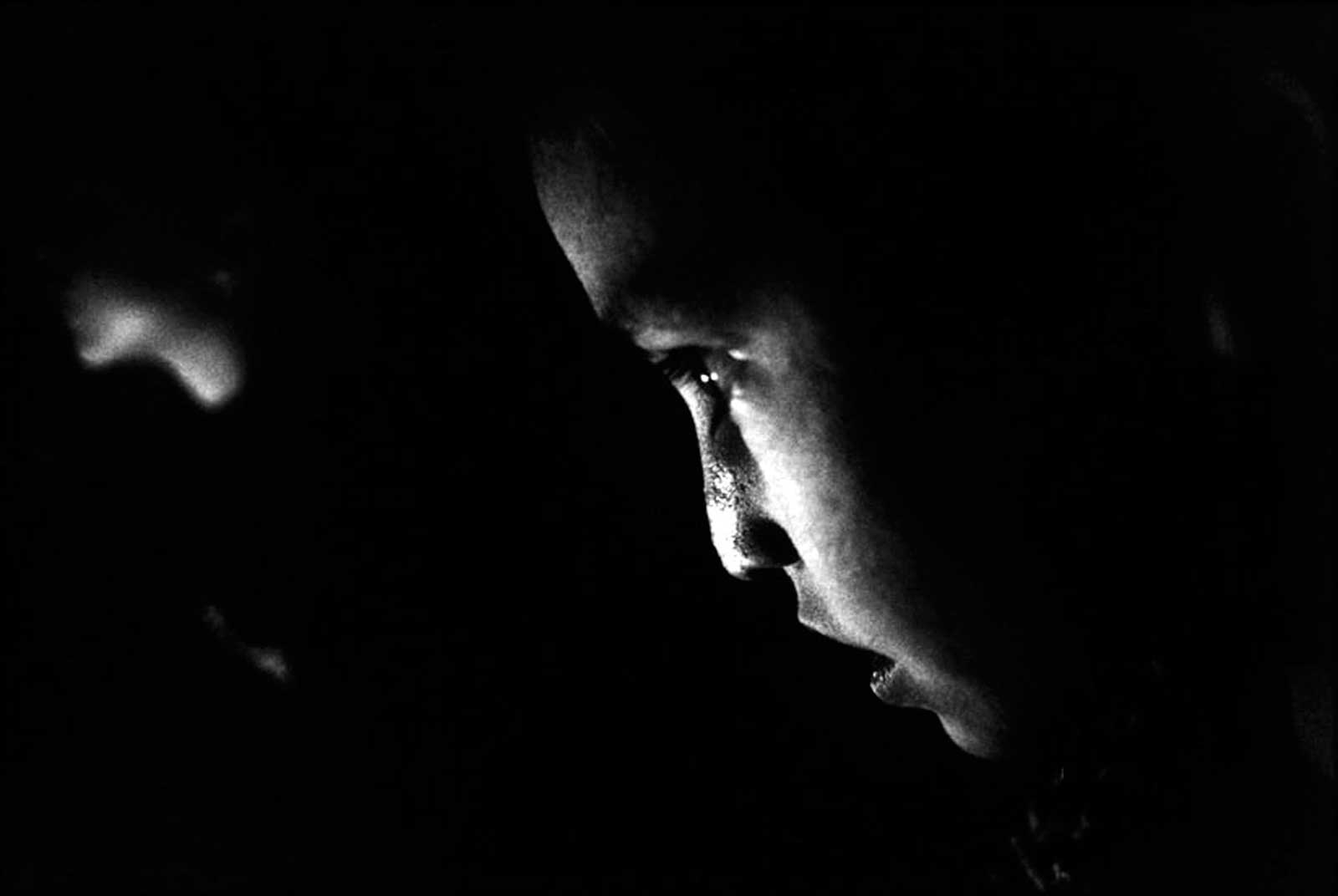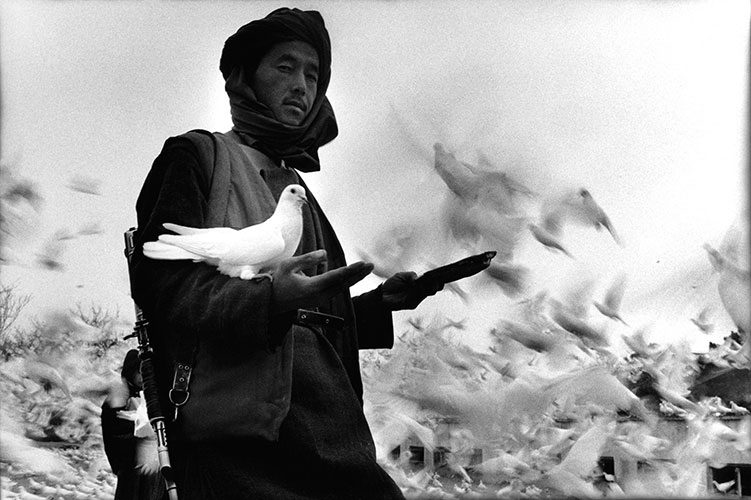
25. Oktober 2016 um 18:30 Uhr | St. Michaeliskirche Hildesheim, Laudatio und Danksagung
Kulturpreis Evangelische Landeskirche Hannover
WAHRNEHMEN. WÜRDIGEN. FÖRDERN.
INS GESPRÄCH BRINGEN
Kulturpreisträger: Wolf Böwig für seine Dokumentarfotografie von einzigartigem Zuschnitt und künstlerischem Anspruch, die zu einer tiefergehenden Auseinandersetzung mit den Themen von Krieg, Gewalt und Flucht sowie besonders ihren Ursachen anregt
Laudatio und Danksagung anläßlich der Kulturpreisverleihung:
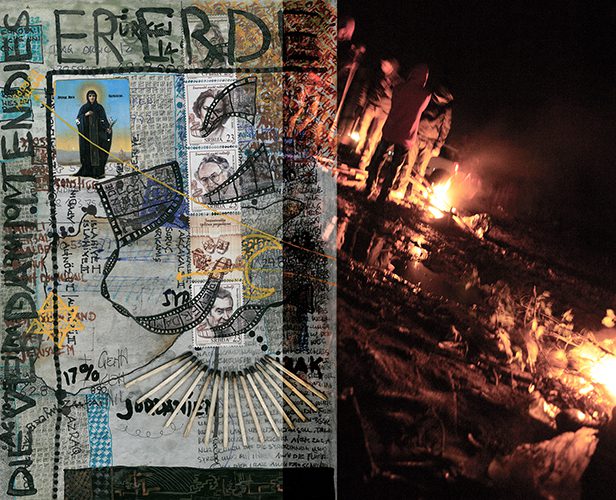
Weltausstellung Prinzenstraße spezial: borders and beyond
Grenzbilder entlang der Balkanroute – Wolf Böwig und Sigmar Walbrecht (Niedersächsischer Flüchtlingsrat) im Gespräch mit Habbo Knoch (Universität Köln)
16.10.2016, 11.00 Uhr, Foyer Schauspielhaus
Hannover

Tomorrow, Today will be Yesterday: Thoughts on Crossing Borders
by Susana Moreira Marques
When Wolf Böwig, a German photographer I’ve known for a few years, asked me if I’d like to write something inspired by his new project, Borders and Beyond, I hesitated. Wolf had been spending a lot of time in eastern Europe documenting the movements of people trying to reach central Europe. During his travels he would often send me emails with his photo collages and excerpts of his visual diaries. The images moved me in ways I couldn’t immediately define. I wasn’t sure how I could add anything, first of all, because I hadn’t been there. Wolf, being determined as he is, insisted: Borders are everywhere. This was about the issue, the ideas, this was about going beyond the media agenda. So, I started thinking and imagining and I realized I was already writing
…
Tin House – the open bar
July 7th, 2016
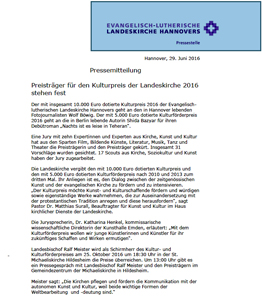
Kulturpreis der Landeskirche 2016
Der mit insgesamt 10.000 Euro dotierte Kulturpreis 2016 der Evangelisch-lutherischen Landeskirche Hannovers geht an den in Hannover lebenden Fotojournalisten Wolf Böwig. Der mit 5.000 Euro dotierte Kulturförderpreis 2016 geht an die in Berlin lebende Autorin Shida Bazyar für ihren Debütroman „Nachts ist es leise in Teheran“
Eine Jury mit zehn Expertinnen und Experten aus Kirche, Kunst und Kultur hat aus den Sparten Film, Bildende Künste, Literatur, Musik, Tanz und Theater die Preisträgerin und den Preisträger gekürt. Insgesamt 31 Vorschläge wurden gesichtet. 17 Scouts aus Kirche, Soziokultur und Kunst haben der Jury zugearbeitet

…my friend Nazar from Ukraine committed suicide may 16th
Nazar couldn’t find his way in life. He signed up to the new Ukrainian army a few months ago. But it was too much for him: he hanged himself in the military campus of Wlodzimierz Wolynski in western Ukraine
” May the road rise to meet you,
May the wind be always at your back.
May the sun shine warm upon your face,
The rains fall soft upon your fields.
And until we meet again,
May God hold you in the palm of his hand. “
…a ship of life, bound for the shores of promise – your voice will endure, singing out to us between the spaces in the wind, always free, always Nazar
Em memória de Nazar, um jovem recruta do exército ucraino.
A crónica de Susana Moreira Marques

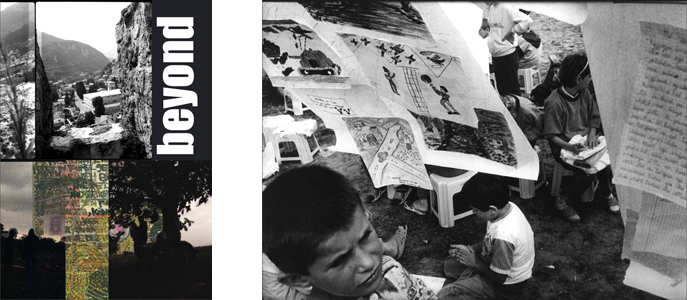
Borders and Beyond
Wolf Böwig
photos, diary pages
The plate
The virgin
Pedro Rosa Mendes
(text)
Tomorrow, today will be yesterday
Thoughts on crossing borders
Susana Moreira Marques
(text)
80 pages
format 178 mm x 250 mm
April 2016
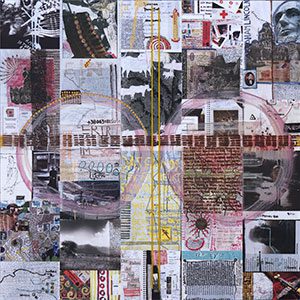
„This foreigner passed here shortly before the war reached this far. The office had not been burned down yet. The foreigner had a letter to send. What do you do for a living, I inquired, while I calculated the distance in stamps from our village to his country.
I send all I know as I learn it, he said, So my children can learn from our distance.
There were five stamps between him and his children: two presidents, two parrots, and one mask in total. Will you take long to return home, I asked, while he organised the stamps with care in the envelope.
Long as they want to grow, he said, handling back the sealed letter.
As the war raged, the letter never left here. I read it often to my children, so they can learn how it was life in peace here.“
by Pedro Rosa Mendes
Collage „carnet du voyage VI“
Kaliwa Lodge, Tanzania
12/2015
